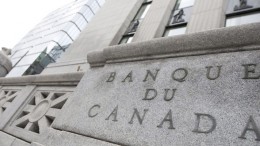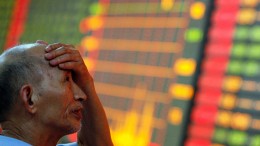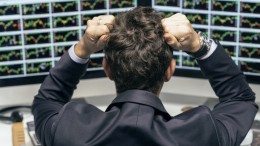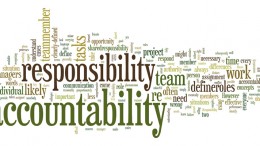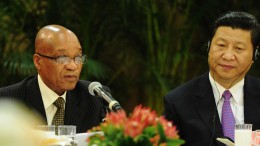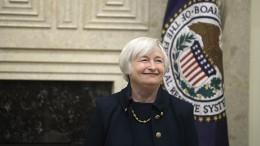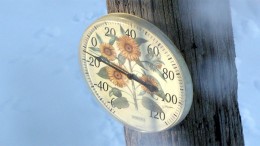Negative Rates Are Not Expansionist
When there is no big demand for credit and, at the same time, the banks have little appetite to lend, they should focus on repairing balance sheets and not expanding them. And they can use those resources they hold with negative cost to repair their balance sheets.


